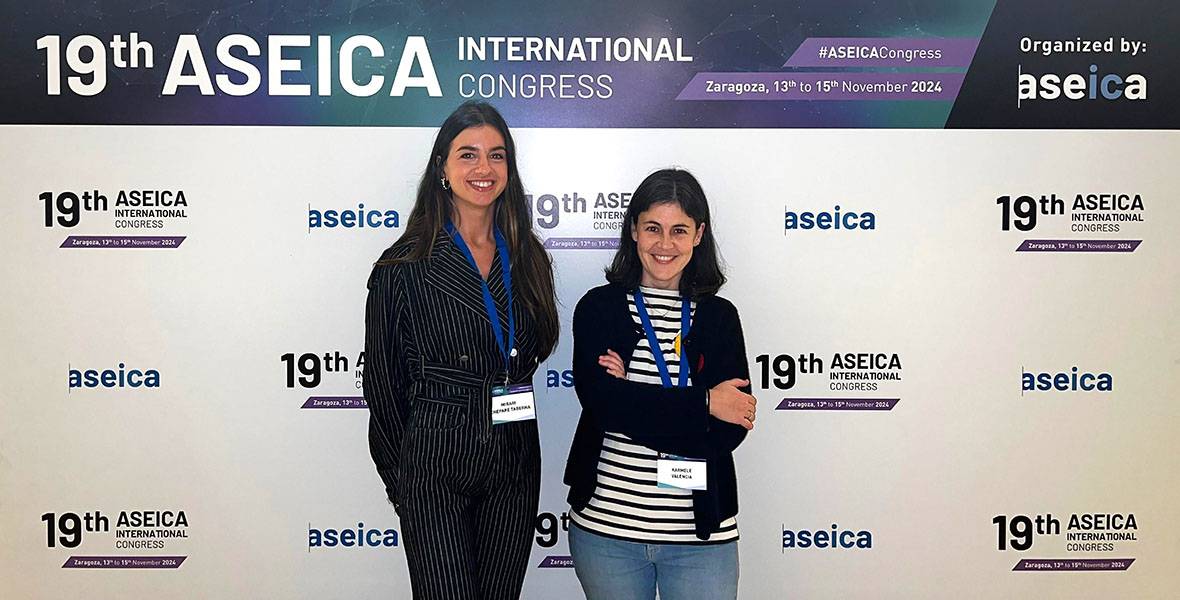Spanish researchers 'decapitate' the hydra of lung cancer
A combination of chemotherapy, immunotherapy, and a targeted therapy aimed at the tumor protein DSTYK has achieved a 100% cure rate in mice across various stages of disease progression

November 14, 2024
Researchers at the Cima University of Navarra have developed a combined strategy that achieves 100% cure of lung cancer in mouse models. The results have been confirmed at different stages of the disease, including metastasis.
“In a previous study we linked for the first time the dependence of a protein involved in tumor development (DSTYK) to lung cancer. We said that inhibition of DSTYK was the 'Achilles' heel' of this tumor. Continuing with Greek mythology, on this occasion we have managed to 'decapitate the hydra' of the disease by attacking this tumor from different fronts,” explains Dr. Karmele Valencia, principal investigator of the Therapeutic Innovation in Lung Cancer Group at Cima and director of the study.
The application of a treatment is a stressful situation for the tumor cell. It is therefore essential to sensitize them to this external stimulus. “In 2022, we demonstrated that blocking DSTYK improved the response to immunotherapy in lung cancer models. In this work we have confirmed that it also sensitizes to taxane-based chemotherapy (paclitaxel or docetaxel), drugs commonly applied in cancer patients.”
The results of the study, which is part of the Cancer Center Clínica Universidad de Navarra, have been published in the latest issue of the Journal of Thoracic Oncology. Mirari Echepare, the first author, presented the work at the congress of the Spanish Association for Cancer Research (ASEICA) held from 13 to 15 November in Zaragoza.
Preclinical efficacy in lung, ovarian and breast cancer
“Once the mechanism of action was identified, we combined chemotherapy and immunotherapy with DSTYK inhibition and confirmed the cure of 100% of mice with disease at different stages of development, both initial and with metastatic lesions. The results have been confirmed in lung cancer but we have also obtained preliminary positive data in ovarian and breast cancer.”, says Dr. Valencia.
One of the main problems with lung cancer treatments is the resistance acquired to most of the therapies over time, including chemotherapy. “Identifying patients with high levels of DSTYK will aid in predicting those likely to exhibit greater resistance, enabling the recommendation of more effective therapeutic combinations,” concludes the Cima’s researcher.